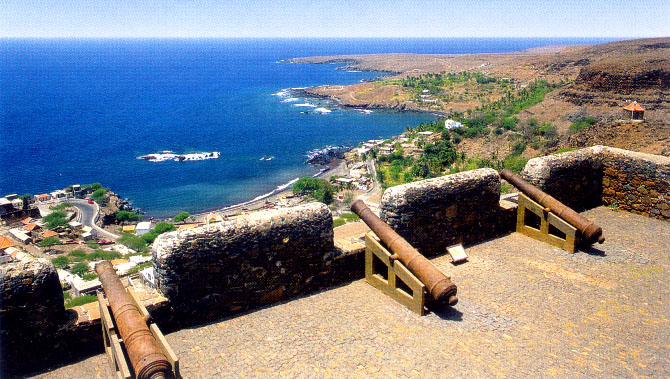The rich history of Cabo Verde
Cabo Verde’s history is deeply rooted in its colonial past and its strategic position in the Atlantic. The archipelago was initially uninhabited until the 15th century when Portuguese explorers arrived, establishing the first European settlement. Due to its location, Cabo Verde became a pivotal hub in the transatlantic slave trade during the 16th and 17th centuries, experiencing economic prosperity but also enduring the exploitation of its people.

Following the decline of the slave trade in the 19th century, the economy weakened, leading to significant emigration. Despite this setback, Cabo Verde saw a gradual recovery by positioning itself as a critical commercial center and a vital stopover for major shipping routes.
In 1975, Cabo Verde gained independence from Portugal, marking a turning point in its history. The nation transitioned into a stable representative democracy, distinguishing itself as one of Africa’s most developed and democratic countries.
The country’s history is characterized by resilience, shaped by the fusion of African and European influences evident in its culture, language, and traditions. The legacy of Portuguese colonial rule is reflected in the prevalent Roman Catholic faith and the official use of Portuguese, while Cape Verdean Creole, a blend of Portuguese and African languages, serves as the widely spoken national language, symbolizing the nation’s rich cultural heritage.
Throughout its history, Cabo Verde has undergone transformations, from a pivotal point in the slave trade to a nation striving for economic growth, political stability, and social progress while celebrating its diverse cultural tapestry.
